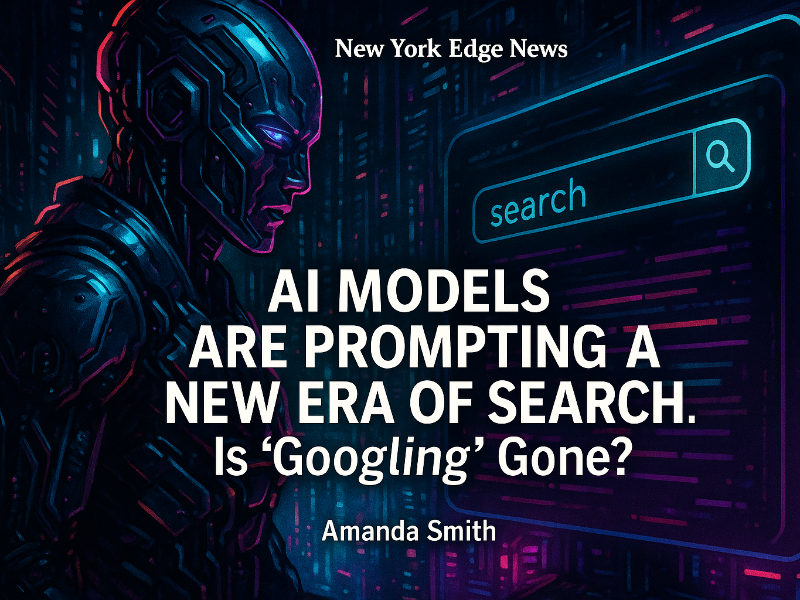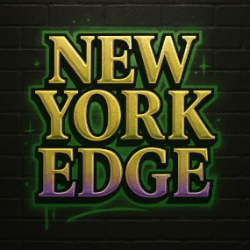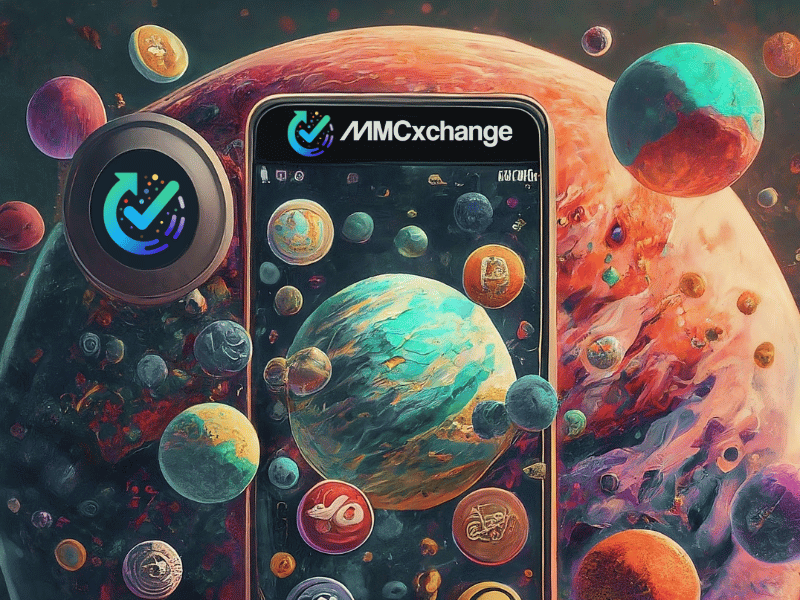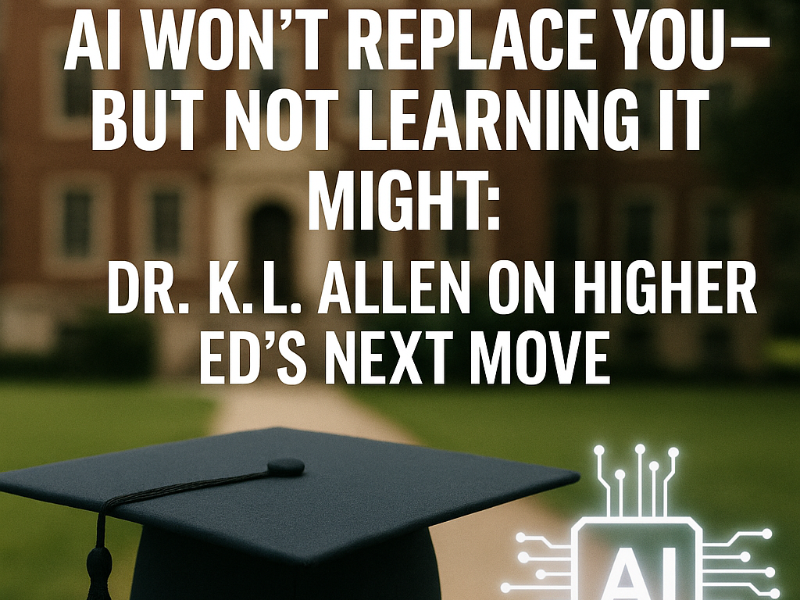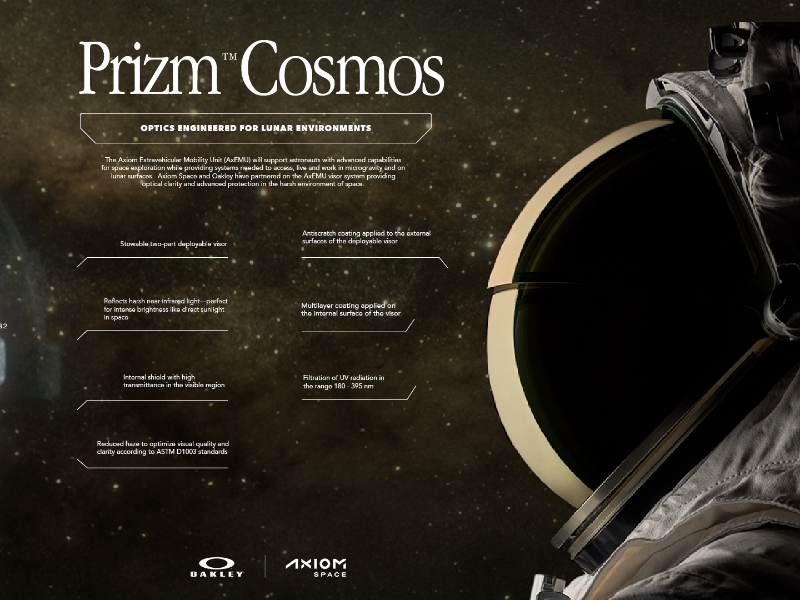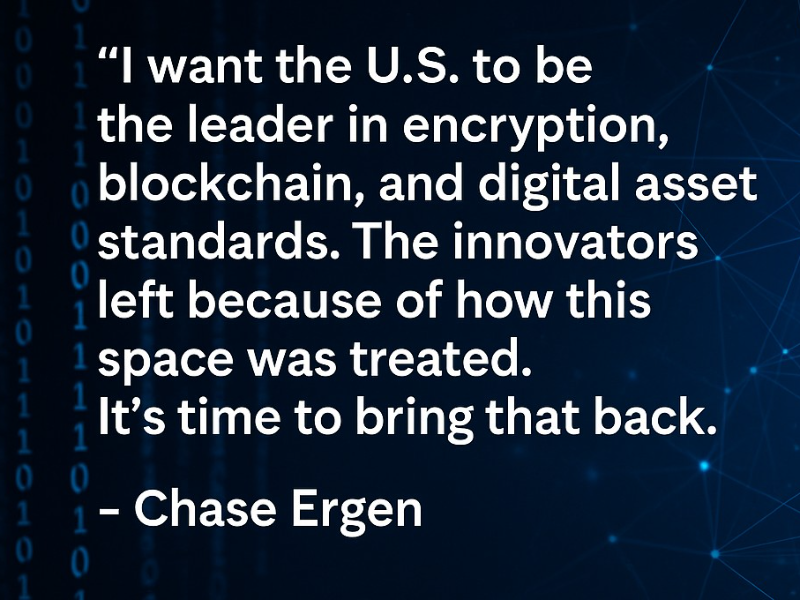AI Models Are Prompting a New Era of Search. Is ‘Googling’ Gone?
By Amanda Smith for New York Edge News
This moment in digital history is one for the books. Never before has a technology moved with such speed and influence. Artificial intelligence is redefining not only how we work and create—but how we search. It’s both captivating and unsettling.
The tipping point? ChatGPT’s launch in November 2022. Since then, AI has become a cultural and technological juggernaut. From classrooms to boardrooms, the way we access information is transforming in real time.
In May 2024, Google’s AI Overview feature sent shockwaves through the media world. Even The Atlantic’s CEO warned that traffic from Google may soon drop to near zero. Why? Because users are no longer scrolling—let alone clicking. They're getting what they need directly from the AI snapshot at the top of the page.
Welcome to the era of zero-click search.
According to SEO firm Semrush, use of Google’s AI Overviews has more than doubled: from 6.49% in January 2025 to 13.14% by March. Categories like travel and health—where information is easy to summarize but difficult to monetize—perform particularly well in this new AI-layered search.
But don’t count Google out just yet. Search Engine Land argues that most ChatGPT interactions aren't even search-based. In 2024, Google logged 14 billion searches per day, compared to ChatGPT’s 37.5 million prompts. A study by onelittleweb confirmed that traffic from AI chatbots accounted for just 1/34th of total search engine traffic over the past year.
Still, the momentum is clear. ChatGPT led AI traffic with 47.7 billion visits between April 2024 and March 2025. DeepSeek and Gemini trailed behind with 1.7 billion. But Google remained the heavyweight champion with 1.863 trillion visits in the same timeframe.
Even more telling? An estimated 60% of Google searches in 2024 ended without a click. We’re not just outsourcing questions—we’re outsourcing trust, even when AI links can be wrong, outdated, or downright strange.
Decentralizing the Web
Search isn’t dying—it’s decentralizing.
Platforms like TikTok are becoming de facto news sources. Over 17% of U.S. TikTok users now get news from the app, bypassing traditional media altogether. While ChatGPT doesn’t yet integrate video content, the ability to ask precise, follow-up questions gives AI search its own edge. But it’s also rigid in ways Google isn’t—like video ranking.
The real shift? Search is no longer a destination. It’s ambient. It’s everywhere.
The Brand Equation
For brands, this change is seismic. E-commerce sites, publishers, and advertisers are feeling the impact—but consumers are, too. Fewer links, fewer ads, fewer brand discovery moments. So what does that mean for digital exposure?
AI might be transforming how we search, but not necessarily how we shop.
Ask ChatGPT something like “the best prenatal for a 37-year-old woman,” and you’ll get curated product lists, personalized breakdowns, and detailed picks. It’s cleaner than wading through a sea of sponsored posts. But the catch? Some recommendations come from questionable sources—forums or obscure sites—rather than authoritative medical outlets.
This reinforces a key idea: AI isn’t replacing traditional search. It’s augmenting it.
(ex. links shown are unfamiliar websites or forums, instead of legitimate health sites)
As with every major platform shift, advertising is likely to follow. Google already features ads in AI Overviews—though sparingly. And it’s only a matter of time before ChatGPT follows suit with sponsored integrations.
Enter the Age of AI Agents
To understand the magnitude of this shift, we need to zoom out. This isn’t just an evolution of tools. It’s a full paradigm shift.
ChatGPT ignited a cascade of innovation, pushing us toward agentic search—where AI agents perform tasks independently of users. Imagine a world where AI agents speak directly to one another, making decisions, filtering content, even purchasing products—all without human input.
That future raises deep questions. If AI agents handle the full search-to-transaction pipeline, what happens to ads? What becomes of branding?
It’s already happening. Take the founder of HubSpot, who sold his domain to AI powerhouse Perplexity—a company aiming to create a full-fledged AI operating system that can “do almost everything.” The goal isn’t just better search. It’s a new foundation, akin to the dawn of the computer.
Search is no longer just a query. It's becoming an autonomous system.
And in this rapidly shifting landscape, one thing’s certain:
We live in algorithmic times.
For interviews, syndication, or reprint rights, contact: [email protected]
© 2025 New York Edge News. All rights reserved.
